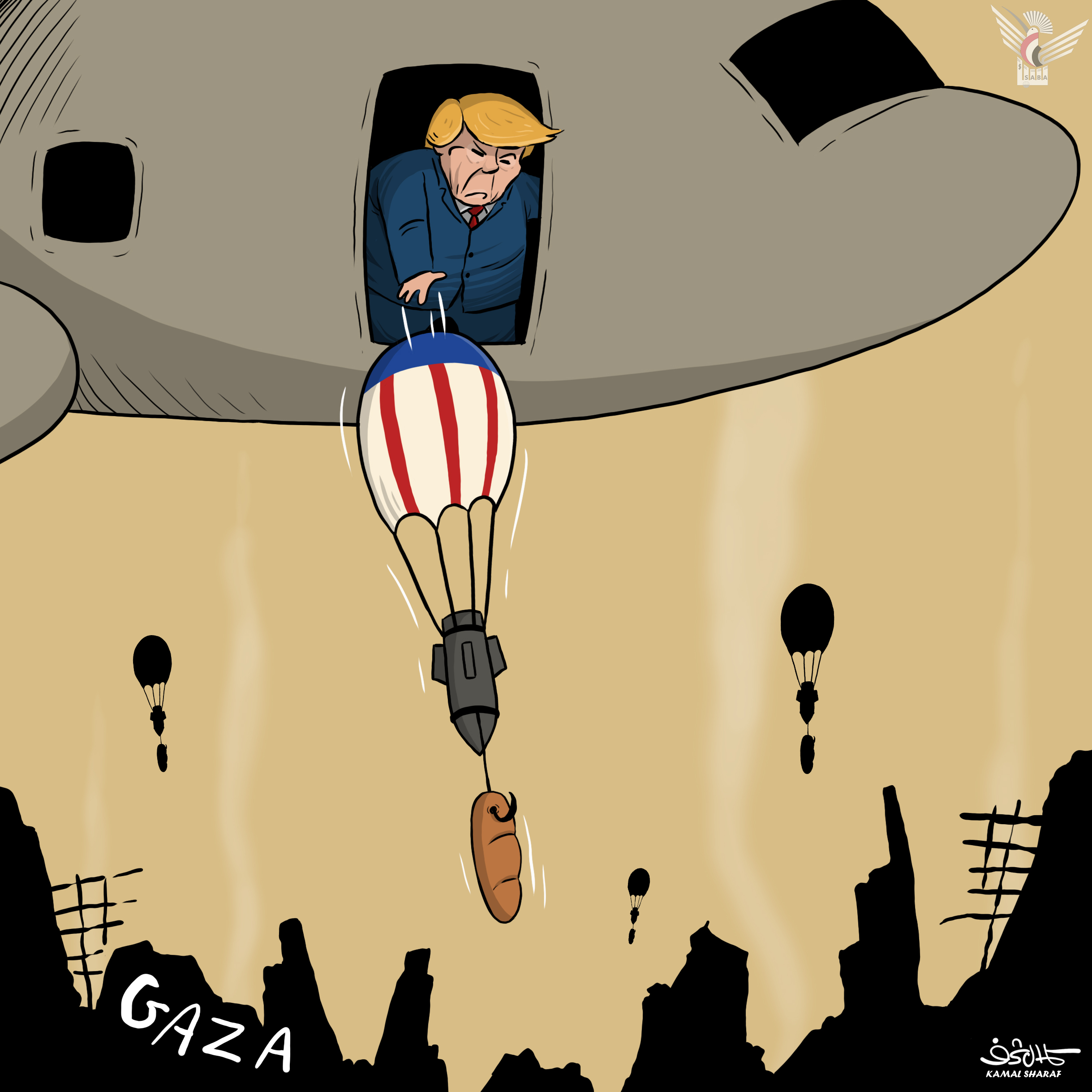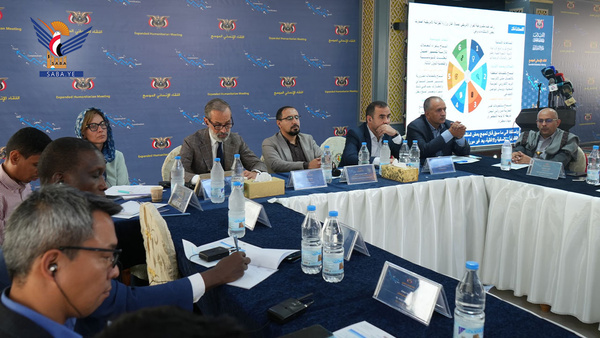Sana’a – SABA:
The opening session of the expanded humanitarian meeting in Sana’a kicked off today, bringing together UN agencies, international and local organizations, and government ministries to present and discuss project proposals, achievements, and challenges over recent years.
Organized by the International Cooperation Sector at the Ministry of Foreign Affairs under the theme “Coordination – Cooperation – Trust”, the three-day event aims to enhance collaboration and streamline humanitarian efforts across Yemen.
Walid Al-Jabri from the Ministry of Foreign Affairs delivered a comprehensive presentation on the International Cooperation Sector’s role, focusing on the legal protection department and the legal hurdles that affect operations, along with proposed solutions.
Rosaria Bruno, Deputy Resident Coordinator of the UN Office for Humanitarian Affairs in Yemen, addressed the impact of funding cuts on humanitarian work. She acknowledged the challenges posed by U.S. sanctions and classification measures but stressed that collaboration with Yemeni authorities could help overcome these constraints.
Abdulhakim Al-Sharafi from the Cooperative and Agricultural Credit Bank outlined the bank’s capabilities and services available to international organizations, while a representative of the Central Bureau of Statistics presented its long-standing role in conducting national surveys and field research from 1990 to 2025—even under conflict and blockade conditions.
Murtada Al-Murtada, Director of International Cooperation at the Ministry of Health and Environment, reviewed the status of health facilities supported by international partners, including UNICEF. He highlighted the damages from conflict and how funding shortages have disrupted vital health programs.
Tawfiq Al-Haroush, National Coordinator for the Water, Sanitation, and Hygiene (WASH) Cluster at the Ministry of Electricity and Water, discussed how U.S. sanctions and the war had halted major WASH projects and driven many international donors to suspend or scale back operations.
Najy Azman, Director of Emergencies and Displacement at the Ministry of Social Affairs, presented data on internal displacement, noting that rising displacement and reduced UN support have left large service gaps. He warned of worsening humanitarian conditions in IDP camps due to food insecurity and disease outbreaks.
Mutahar Zaid from the Ministry of Agriculture emphasized the need to shift from emergency relief to building long-term economic resilience. He criticized short-term aid for creating dependency among farmers and fishers and called for sustainable interventions to rebuild livelihoods. He stressed that agriculture remains Yemen’s primary source of income and that restoring value chains, infrastructure, and small-scale enterprises is key to reducing unemployment and poverty.

| more of (Local) |




